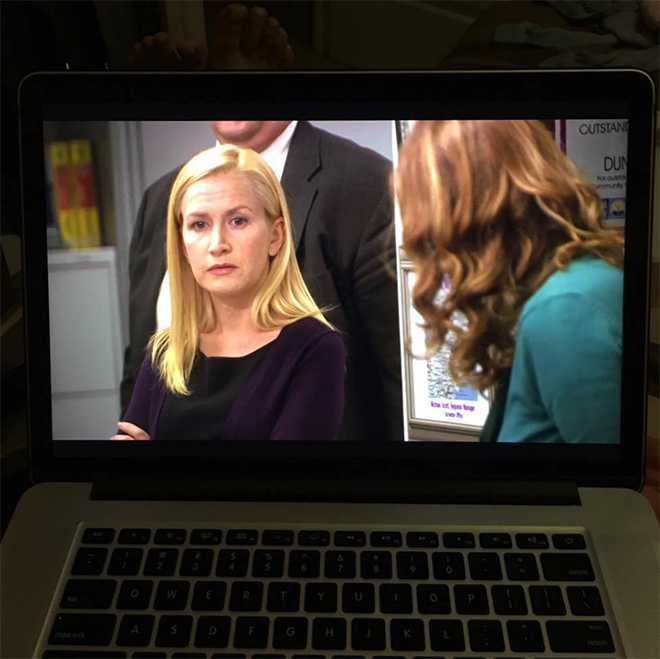“Are you having the time of your life?”
Anyone who is studying abroad has received some iteration of that question, including “Is it incredible?” “Is it life-changing?” “Is it magical?”
Well, what if the answer is “no,” or “not yet,” or “today was really hard”?
There is certainly the expectation, whether it is from our parents, peers or the pervasive Instagrams, that study abroad will change our lives. But even as the dialogue increases about the realities of social media envy and Instagram’s unrealistic portrayals of people’s lives, study abroad still seems like a time when it’s not okay to be unhappy. And if you are unhappy, it’s either because you’re a homebody who doesn’t enjoy travel, a brat who misses their American pleasures or a forlorn soul pining over the struggles of their long-distance relationship. It is almost unthinkable for a generally adventurous, outgoing person to have a bad day abroad, where every day is supposed to be a new adventure straight out of a Rick Steves travel book.
When I first arrived in Seville, Spain, I imagined I would be soaking up every second of every day, exploring its winding streets, basking in the glory of its history and striking up intellectually stimulating conversation with Spaniards on a whim. That was not the case my first couple of weeks here.
I spent my first week in a haze, being dragged from site to site with my program orientation, barely taking in a word of the tours (which were all in Spanish). I would arrive back at my homestay and immediately pass out before I could even try to comprehend my host mom’s fast-paced, thickly accented Spanish.
However, I noticed that when anybody asked me how I was doing, I couldn’t respond to their leading questions with an honest “no.” “No, it’s actually not amazing. I’m exhausted, jet-lagged, and can’t understand a word my host mom says.”
Instead I would reply, “It’s amazing! So beautiful! Really tired, but it’s great! Host mom talks really fast, but she is so sweet! Love the food!” (Even though I really didn’t like the fried anchovies she made last night).

When friends and family imagine your life filled with minimal homework, weekly travels and Instagram-worthy food and drinks, it can feel like you’re letting them down by saying you had a boring day – or worse, a bad one. Telling your friends drowning in books back at NU you haven’t had homework in a week feels weird. Telling your parents who are possibly helping finance your experience is even tougher. No one wants to feel like they’re wasting a once-in-a-lifetime experience.
I have a confession to make: I have watched two seasons of The Office since I have been in Spain (in my defense, the episodes are only 28 minutes.) But to be honest, I was extremely disappointed in myself when I first opened the Netflix tab on my computer in Seville. I immediately felt that I was squandering an opportunity to be exploring and “finding myself,” whatever that means. But I was physically and mentally exhausted, and I needed to laugh at something silly and hear the English language.

It’s hard to admit that study abroad is still real life. You still need to nap and relax, you won’t like some of the food and not every second of every day is magical. And you might not find yourself. Even while most of us know this in our heads, it’s hard to admit to other people, especially as we strive to keep up the facade of perfection on social media.
But being honest with others can create more realistic expectations so we can get even more out of our study abroad experiences. Being honest about life – even in another country – having its ups and downs can help everyone set realistic expectations about their experiences, and as a result, help us enjoy the genuinely enjoyable moments even more.
This piece is part of the ongoing series “Not a study abroad blog.” If you’re interested in being interviewed about your own experience abroad or in writing a post, please email one of the editors at rachelwolfe2018@u.northwestern.edu or mollieleavitt2018@u.northwestern.edu. Also, follow our Instagram and submit photos of your daily mediocrities via direct message to @notastudyabroadinsta